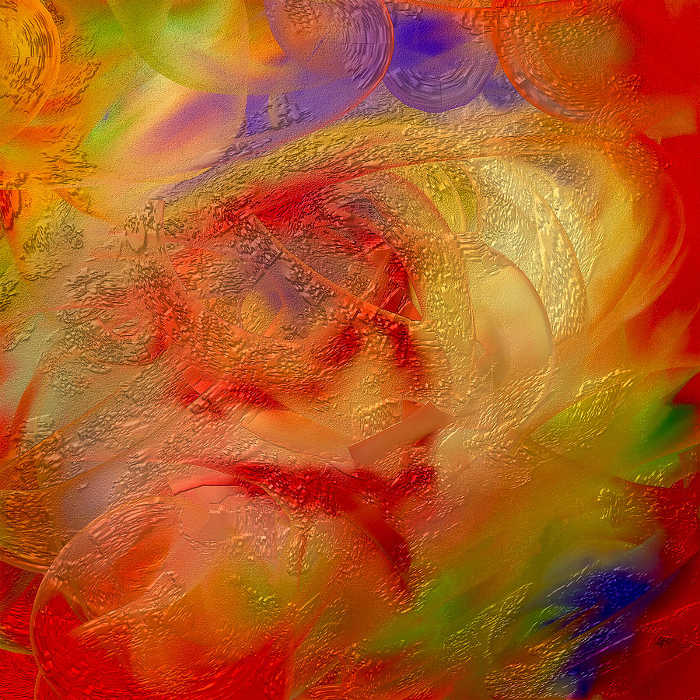FWP:
SETS == HERE/THERE
SKY verses: {3,12x}; {15,7}; {15,15};
{15,16x}; {27,8}; {43,3}; {43,8}; {46,2}; {47,4x}; {50,1}; {51,6x}; {51,10x}; {64,3}; {66,5}; {68,5}; {74,1}; {105,2}; {111,3}; {110,7}; {126,8}; {131,3}; {132,6}; {132,8x}; {136,1}; {138,1}; {143,4}; {148,8}; {160,5}; {177,4}; {177,7}; {180,2}; {181,3}; {204,10}; {217,4}; {217,11x}; {234,1}; {234,5}; {234,11}; {234,12} // {287x,6}; {309x,5}; {351x,1}; {376x,4}; {405x,6}; {420x,7}
This verse marks the end of a sort of quasi-'verse-set' that begins with {15,2} (and is discussed there). To leave the beloved 'there' in a typhoon of waves of rang with all its joyous, 'colorful' possibilities (see the definition above); and to leave the lover 'here' in a realm of unchanging, undifferentiated fire is not a bad end to this sequence of 'here-there' verses. The beloved's storm of radiant waves extends from this earth to the celestial heavens; the lover has for his 'burning' merely a plain 'section' between ground and sky.
On the complexities of bāb see {7,1}.

Nazm:
That is, there vivid, colorful, luxurious enjoyments were taking place; and here, we were burning. With 'a matter of burning' the past, present, and future tenses are all intended. The subtlety is that the poet has concealed the extension of time that would be found in the conjugation of soḳhtan . The second aspect that also emerges is that here, earth and heaven were capable of starting fires. (16)
[See also his comment in the discussion of {194,4}.]
== Nazm page 16